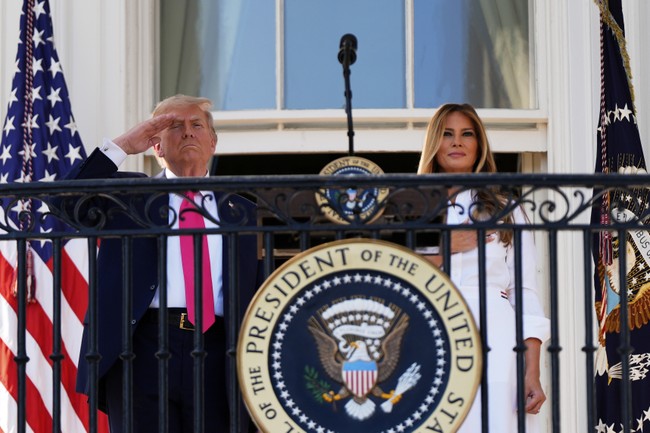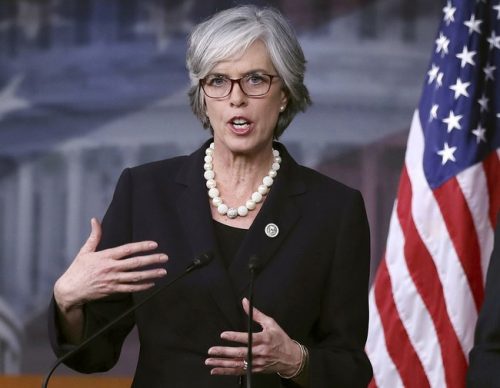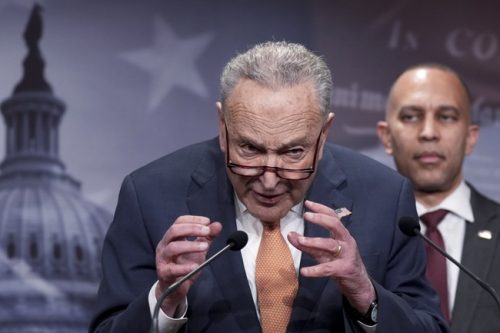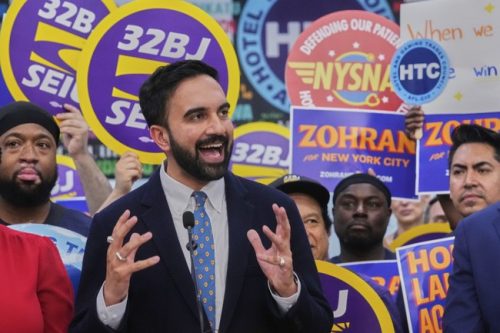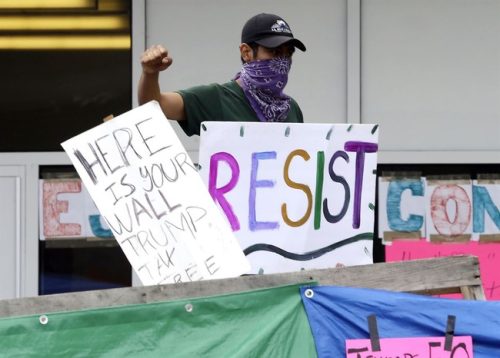Michael Wolff has filed suit against First Lady Melania Trump after legal threats over comments he made linking her to Jeffrey Epstein, and he refused to retract those remarks by the deadline set by her lawyers. The dispute stems from a podcast interview first published and then pulled by The Daily Beast, and Wolff says the threats are part of a larger effort by the Trumps to intimidate critics. The filing centers on free speech claims and accuses the First Family of trying to chill public debate.
The episode at the center of the fight prompted The Daily Beast to remove its interview with Wolff in July, with the outlet saying the piece failed to meet its editorial standards. Melania Trump’s attorney later issued a legal challenge, taking issue with what they described as “the headline and framing” of the podcast episode. That pushback turned into a demand that Wolff retract his assertions, which he declined to do before the retraction deadline.
Michael Wolff on suing Melania Trump: “To be perfectly honest, I’d like nothing better than to get Donald Trump and Melania Trump under oath and actually find out all of the details of their relationship with Epstein.” pic.twitter.com/iwPlXlpucl
— Marco Foster (@MarcoFoster_) October 22, 2025
Wolff says his refusal was principled and says the Trumps are trying to weaponize the courts against dissent. He accused both the First Lady and President Trump of “threatening those who speak against them,” and argued that their legal threats are meant to punish rather than correct. In his view, the demand for a retraction was less about facts and more about forcing apologies and payments.
In the podcast episode Wolff made the contested assertion about Melania’s past connections, stating: “[Melania] was very involved in this Epstein relationship. There is this model thing, and she’s introduced by a model agent, both of whom Trump and Epstein are involved with. She’s introduced to Trump that way, Epstein knows her well.” Those lines are the core of the dispute and the target of the First Lady’s legal team.
Wolff countered the threat of litigation by framing the move as an attack on public discourse, arguing the Trumps sought “to silence their speech, to intimidate their critics generally, and to extract unjustified payments and North Korean-style confessions and apologies.” He also said the legal pressure “are designed to create a climate of fear in the nation so that people cannot freely or confidently exercise their First Amendment rights.” That rhetoric is central to his complaint.
The lawsuit was filed on the day the retraction deadline expired, and it aims to put those legal threats on the defensive. Wolff’s filing asks a court to affirm that he has a right to speak without being extorted into a public apology or payout. The suit frames the First Family’s response not as a good-faith factual correction but as a pattern of behavior intended to intimidate and silence adversaries.
From the White House side, representatives pushed back hard and in sharply worded language. Nicholas Clemens, a spokesperson for the Office of the First Lady, stated in a press release immediately following Melania’s legal challenge, “First Lady Melania Trump is proud to continue standing up to those who spread malicious and defamatory falsehoods as they desperately try to get undeserved attention and money from their unlawful conduct.” The statement casts Wolff as pursuing attention and profit rather than honest reporting.
The clash raises familiar questions about where the line sits between robust criticism and defamation, and how public figures should respond. Supporters of the Trumps will see the legal move as a necessary defense against false accusations aimed at the First Lady, while free speech advocates will worry about powerful people using legal muscle to cow journalists and commentators. Whatever the outcome, the case will test how courts balance reputation protection with the constitutional protections that allow contentious debate about public figures.

